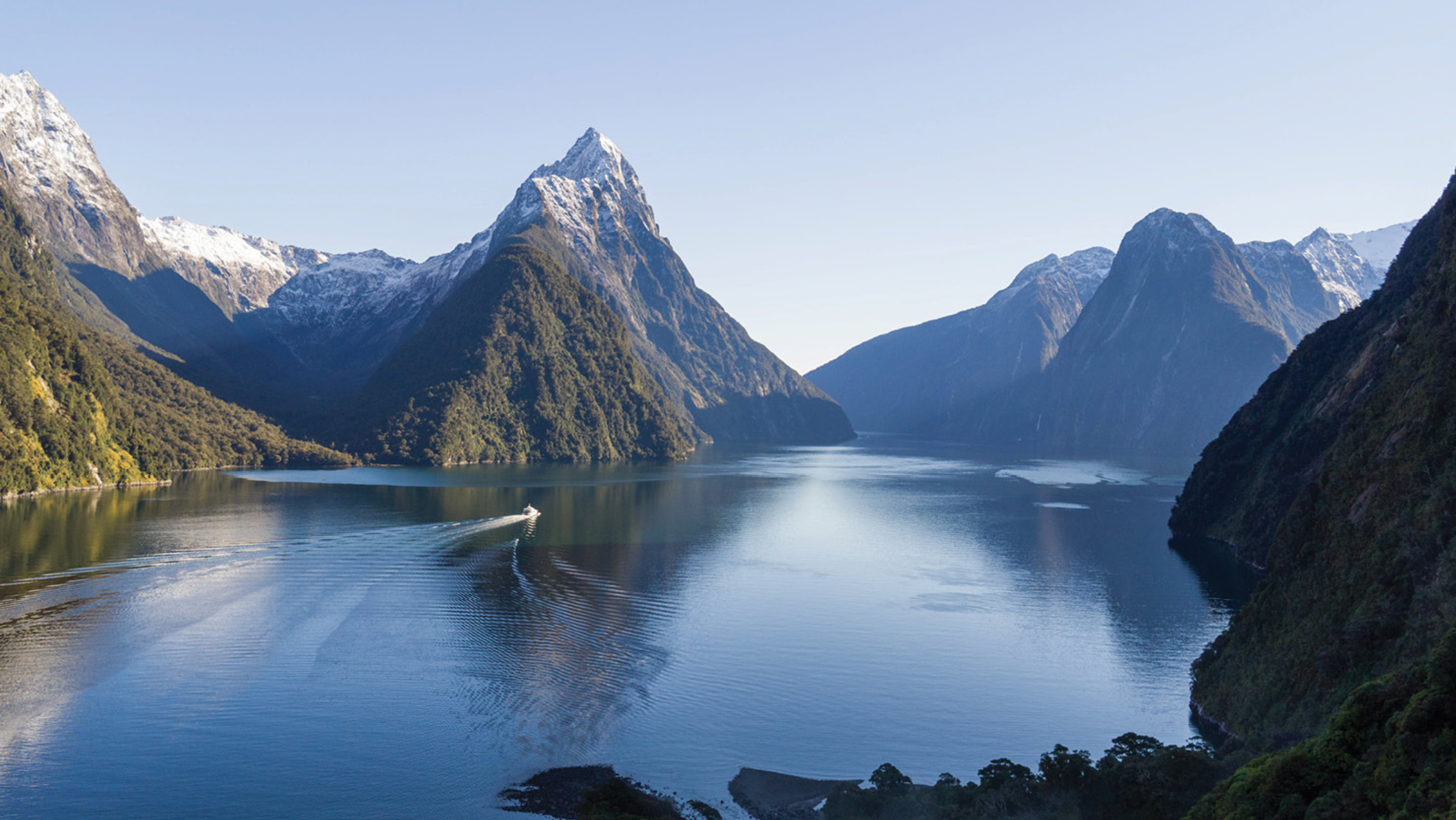Spare a thought for the unsung heroes of our holidays: the humble travel agent.
Almost 98 per cent of our 4,000 agencies have seen their business decimated, suffering a 90 per cent drop in revenue since the pandemic and threatening thousands of jobs.
They have had nil income since March, but they’ve been consumed with the onerous task of managing an estimated $10 billion worth of cancellations and refunds for four million Australians.
But the grinding costs, however, go on.
Joel Katz, CLIA Managing Director Australasia told Cruise Passenger: “The impact on travel agents has been horrendous – every travel agent in Australia has been devastated by the pandemic.
“We’re hearing from travel agent members whose life work has been brought to a halt and everything they’ve worked for has been undone. Many have real concerns for their future – we’ve spoken to many people who are very distressed and anxious. These are often small operators and family businesses, who now have no real income.
“At the same time, they still find themselves working hard to make alternative arrangements for their clients. They’re still working hard to look after their customers and maintain those personal relationships.
“The worst part is they don’t have any ability to plan for the future – they don’t know when borders will reopen or what milestones need to be reached before we can travel again. That’s why it’s important for governments to not only provide support and assistance to businesses, but to discuss their plans for revival and reopening so businesses like travel agents can plan for their recovery.”
The website Traveltrends.biz quoted one agent paying $280,000 a year rent for a 100 sqm shop, $400,000 on a fit out, so well over $600,000 to get the business going. That agent has recently closed.
Small wonder Flight Centre slashed another 91 stores last week – meaning more than half its stores have been closed.
“Travel agents are in the pandemic frontline, supporting consumers through the challenging, time-consuming and complex process of managing cancellations and credits, securing refunds and at times rebookings. An estimated $4 billion worth of bookings are still to be processed on consumers’ behalf,” says the Australian Federation of Travel Agents in a report to the Federal Government..
“Unravelling each booking can take weeks, with refunds from providers often taking several months. It is work that travel agents are performing mostly for zero income. Without the tailored support and business relief, business closures will follow, given many agents have experienced at least a 90 per cent drop in revenue since the introduction of border closures in March.”
AFTA is lobbying for a $125 million support from the Government.
“The Australian Government has provided specific assistance to a range of industries including builders via the Homebuilder Scheme ($688 million), the arts and entertainment industry ($250 million), the film and television industry ($400 million) and the aviation industry ($1.1 billion). Now AFTA asks for specific support for the travel distribution industry in Australia.”
Cruise Lines International Association spends much effort training agents. Cruise is a complex travel product to book, often involving flights, hotels, transfers and excursions.
“Travel agents handle the vast majority of cruise bookings in Australia and New Zealand. Current travel restrictions and the suspension of cruise operations mean travel agents are struggling to survive, so we have been advocating strongly on their behalf,” says Mr Katz.
The future of bricks and mortar cruise travel agencies is now in question as increasing number of agents have been forced to operate from home.
This raises the question whether the current model, where travel agents are paid their commissions only when their clients embark on their cruises, can survive.
As one agent, who asked not to be named, told Cruise Passenger: “Selling cruises in 2023, which is a strong booking period right now, means I don’t see a cent until 2023. But the bills keep pilling up.”
According to AFTA, the industry is working on introducing a more “sustainable remuneration structure including a transparent fee for service.”
AFTA CEO Darren Rudd said: “Travel agents are in fact only paid most of their commission after travel has actually taken place. This is the case across all bookings and not just cruise.
“Many agents had already introduced a fee to process but there is also a push for a new approach better suited to the new norm once we know what it is.”
This means that an agent can charge an outright fee when booking cruise itineraries, shore excursions and flights as part of the overall price of the holiday rather than wait for their commissions to be paid at a future date.
Justine Sealey, managing director of Ramsgate Travel Service in Sydney said: “How travel agents earn an income in the future, will most certainly change. The way most retail travel agencies operate is outdated in the fact we rely on our main income source from third party suppliers rather than charging reasonable upfront professional fees for our knowledge, expertise and 24/7 service when clients are away.”
Ms Sealey who has been with Ramsgate Travel for over 30 years, added that agents also forfeit the commissions made on the original bookings when they secure cancellation and refunds for their clients.
“All of the commission earned, in many cases in late 2019 or in the first quarter of 2020, has been recalled and returned to clients, even though those earnings had already been spent on wages, rent and business running expenses.
“We have now made ZERO money on the original confirmed booking that was in place, nor did we earn anything for the time we spent on making the changes.
“Certainly, these changes were no fault of the client or us – yet who is the loser – the travel agent.”
Ms Sealey said that for the past six months, agents have been doing a “community service” of cancellations and Ramsgate has been charging “a very modest refund recovery fee of $110 per person on average.
Adam Vance, general manager of sales and marketing of Cruiseco said that some cruise agents have been charging upfront service fees for sometime which have now been “engrained in the booking process.”
Other agents have pivoted and are booking domestic holidays, private plane tours, train journeys and Murray River cruise itineraries.
In partnership with Norwegian Cruise Line, Cruiseco will pay an upfront 3 per cent commission on all bookings made before the end of the year on NCL cruises until 2023.
Other lines are also working on paying more upfront fees to help retain travel agents, who have been their most successful cruise sellers.








